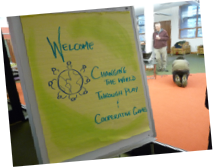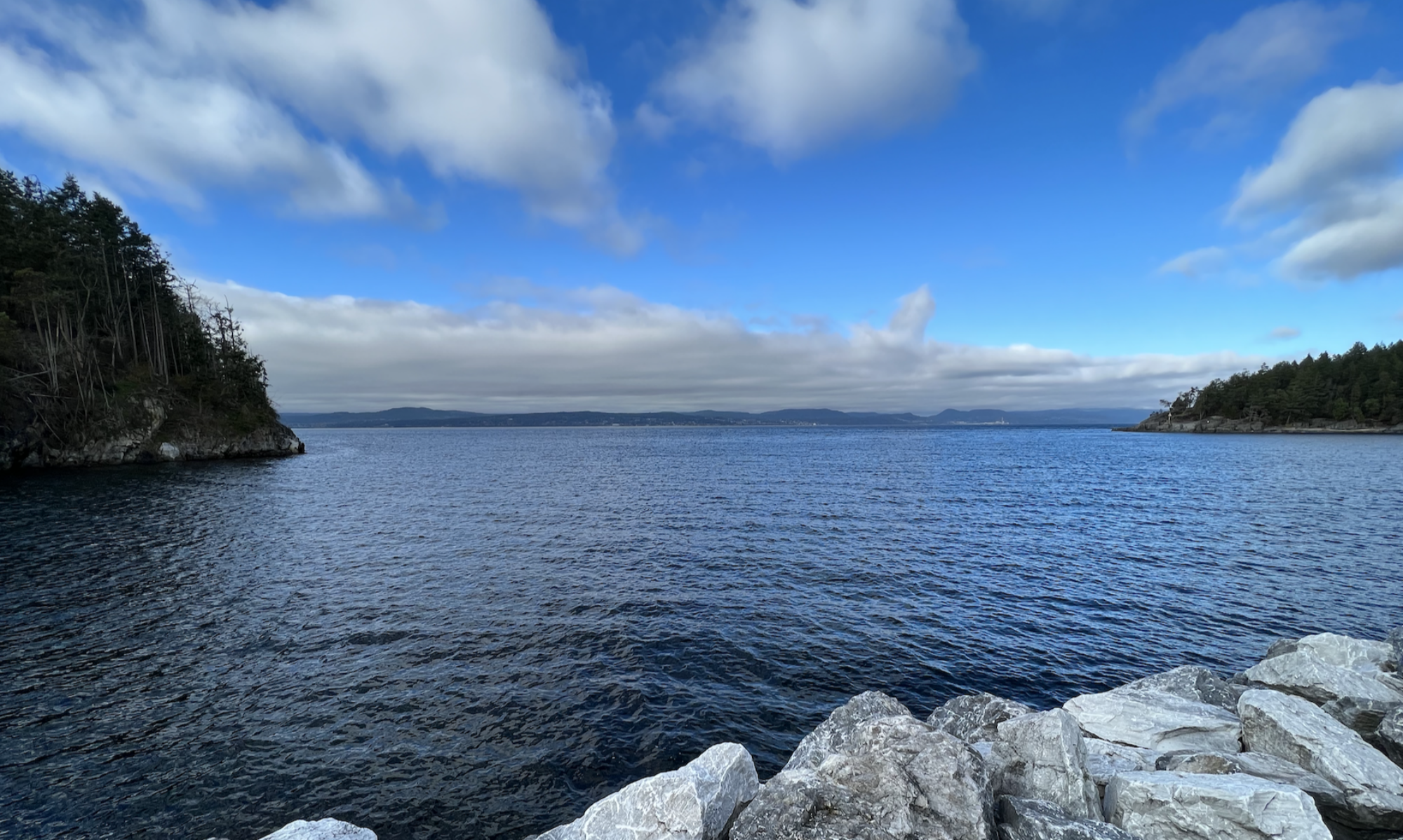Yesterday I was pleased to welcome a couple of colleagues and friends into a workshop, Playing to Change the World. Edgard Gouveia Jr., a Brazilian friend in the Berkana network, led this workshop. His spirit and disposition are welcoming, gentle, playful, and committed. Steve Ryman, a fellow A rt of Hosting Steward and co-leader with me of a Berkana Community of Practice on changing health care systems, joined as participant. I’ve known Steve as ever curious in his learning and always one who offers and serves. And my son Isaac joined us. Isaac is 13 now. A gentle and kind heart, who has been my teacher in so many ways in life. My son, yes. And indeed a colleague and friend that I love in this journey of life. Together we joined with 15 other friends and colleagues in the Salt Lake Valley to learn well together.
rt of Hosting Steward and co-leader with me of a Berkana Community of Practice on changing health care systems, joined as participant. I’ve known Steve as ever curious in his learning and always one who offers and serves. And my son Isaac joined us. Isaac is 13 now. A gentle and kind heart, who has been my teacher in so many ways in life. My son, yes. And indeed a colleague and friend that I love in this journey of life. Together we joined with 15 other friends and colleagues in the Salt Lake Valley to learn well together.
One of the things I loved about this workshop is the games that we played. Invitations to just let go. Ways to touch our toes. Ways to moved around the circle to meet people. Ways to re-pattern our brains through counting, clapping, jumping. A simple circle dance to help us greet each other in play. And a couple of other circle dances in beauty and joy.
With these, and I find with all of the games I use, I work from the principle — “there are things our bodies know that our minds can’t know.” Games give us one way of coming into that kind of knowing, both for ourselves and for the knowing that can show up in a group. This principle shifts for me the context and purpose of games — from a cuteness to a deliberate learning strategy that invites all of us to be more whole. I enjoy the simple playfulness. I also really enjoy the moment when I feel opened, when the group feels opened to much more intelligence together. And I love how people respond to remembering this kind of body intelligence and opening.
Another thing I loved in this workshop was the sharing from Edgard about the Oasis Game, some of his work in deliberate use of games to create communities that can change the world. He shared videos of people playing together, working together, creating beauty together — all of this in an area devastated by flooding. He shared some of the framework from which the Oasis game works — in this 2 minute video Edgard talks about three of those principles (1. Gaze – an appreciative approach to seeing beauty everywhere; 2. Affection — find the story behind what you see — we are not working to save people, but rather learn with them; and 3. Dream — blow on the ember and hope that is within people to restore hope in communities.).
Here are a few pictures from the day (and a hike the day before in Utah’s Wasatch Mountains).
Thanks Edgard, Steve, Isaac, and all who participated in our growing local Salt Lake Valley network of people practicing participative leadership. Through our learning and connection, my hope is we continue to evolve ourselves and our local leadership culture (connected to others regionally and globally) into its next level of wholeness, wellness, and participation.
